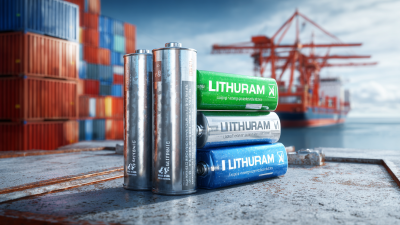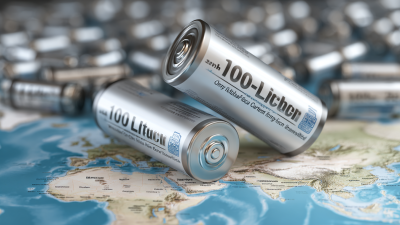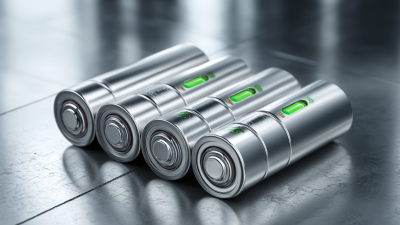As industries across the globe continue to push for sustainable solutions, the innovative applications of Lithium Battery Packs are becoming increasingly pivotal. According to the Global Lithium-Ion Battery Market Report, the market is projected to reach a staggering $100 billion by 2025, driven by the demand for high-energy storage solutions in electric vehicles, renewable energy systems, and portable electronics.
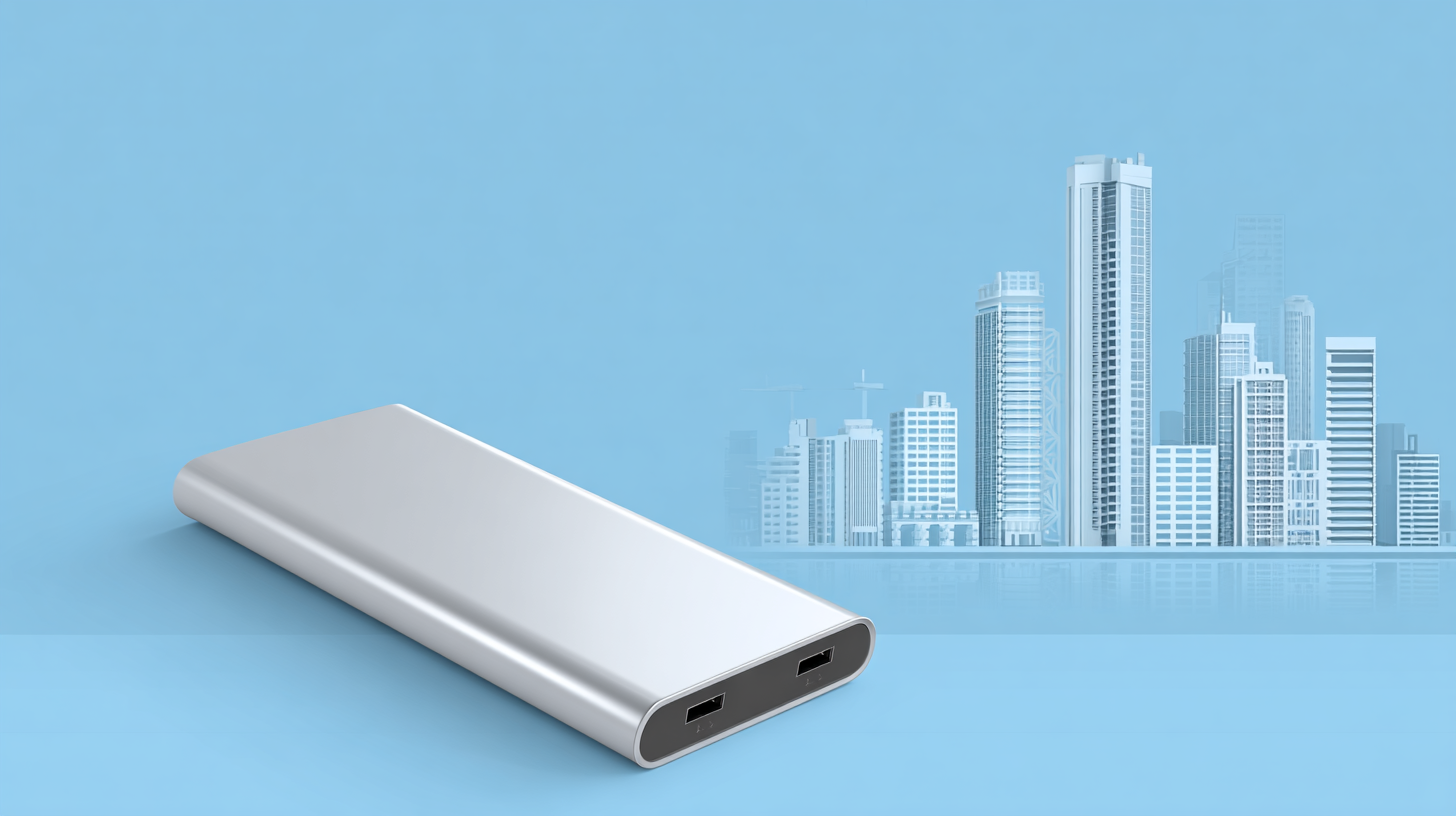
This growth is not merely confined to transportation; sectors such as healthcare, consumer electronics, and aerospace are also tapping into the capabilities of Lithium Battery Packs to enhance efficiency and reliability. As we delve into the future of energy storage, it is evident that Lithium Battery Packs are not just a trend but a cornerstone of technological advancement across diverse industries, heralding a new era of energy utilization and sustainability.
The electric vehicle (EV) sector is rapidly transforming the transportation landscape, with lithium battery packs serving as the backbone of this revolution. According to a report from the International Energy Agency (IEA), electric vehicle sales surged by 40% in 2020, and the use of lithium-ion batteries is expected to grow significantly, reaching more than 300 GWh in annual production by 2025. This remarkable growth underscores the increasing demand for efficient, high-capacity batteries that enhance vehicle performance and bolster range.
Technological advancements in lithium battery packs are not just about powering vehicles but also improving overall sustainability. Data from BloombergNEF indicates that the average cost of lithium-ion batteries has declined by nearly 89% since 2010, making EVs more affordable than ever. Furthermore, innovations such as solid-state batteries are projected to offer a higher energy density, with some estimates suggesting up to 50% more capacity than current lithium-ion technologies. As automakers race to meet rising consumer demand and stricter environmental regulations, investments in advanced battery technologies are crucial for realizing the true potential of electric vehicles in shaping a greener future.
This chart illustrates the percentage of lithium battery pack applications across various electric vehicle segments, highlighting the growing adoption of these technologies in the transportation sector.
The energy landscape is undergoing a significant transformation, particularly with the rise of
lithium battery packs as a cornerstone for sustainable energy storage solutions. As industries shield themselves from the fluctuations of
fossil fuels, the integration of lithium-ion technology is becoming paramount. This innovation not only enhances the efficiency of energy storage but also facilitates the adoption of
renewable sources such as solar and wind power, which are critical in creating a sustainable future.
Recent advancements in water splitting technologies further complement lithium-ion batteries, paving the way for more efficient energy conversion and storage methods. Water splitting enables the extraction of
hydrogen from water, presenting a complementary resource for energy storage systems. With over
3,400 startups emerging in this field, businesses are now leveraging these trends to innovate and develop new solutions that address energy-related challenges. By harnessing these cutting-edge technologies, companies are positioned to not only expand their operational capabilities but also contribute significantly toward a more
sustainable and resilient energy ecosystem.
The advent of lithium battery packs has transformed the landscape of consumer electronics, fostering innovation and enhancing performance in smart devices. According to a recent report by MarketsandMarkets, the global lithium battery market is projected to reach $129.3 billion by 2027, growing at a CAGR of 18.0% from 2022. This rapid growth is largely attributed to the increasing demand for efficient and lightweight power sources in smartphones, tablets, and wearable technology. Lithium batteries not only provide longer life cycles and faster charging times, but they also offer improved energy density, allowing for more compact device designs.
Tips: When choosing a lithium battery pack for your smart device, consider factors such as capacity (measured in mAh), charge cycles, and temperature range for optimal performance. Additionally, always check for certifications that ensure the safety and reliability of the product.
Moreover, the rise of electric vehicles (EVs) and the internet of things (IoT) has further propelled the demand for advanced lithium battery solutions in consumer electronics. In fact, a report by the International Energy Agency indicated that the number of electric vehicles worldwide is expected to exceed 230 million by 2030, driving manufacturers to innovate in battery technology. As smart devices become increasingly intertwined with our daily lives, the evolution of lithium battery packs continues to pave the way for new trends and enhancements in consumer electronics.
Tips: Regularly updating your device's software can improve battery efficiency. Also, keep your device within recommended temperature limits to maintain battery health and longevity.
Lithium battery pack innovations are revolutionizing the aerospace sector, where performance and efficiency are paramount. As reported by the International Energy Agency (IEA), the demand for lightweight and high-capacity power sources is driving the aerospace industry to adopt advanced lithium battery technologies. These innovations not only reduce the weight of aircraft but also enhance their energy density, allowing for longer flight durations and reduced operational costs. Recent advancements have led to the development of batteries that can deliver up to 300 Wh/kg, which is a significant improvement compared to traditional systems.
To maximize the benefits of these new lithium battery pack technologies, aerospace companies should consider the following tips: first, investing in integrated battery management systems (BMS) is crucial for optimizing battery performance and lifespan. A well-designed BMS can monitor temperature, state of charge, and overall health, thus preventing potential failures. Second, exploring hybrid solutions that combine lithium batteries with other emerging energy storage technologies may further improve power efficiency. The combination of solar panels with lithium battery packs can create autonomous systems that significantly cut down on energy consumption during flights.
As the aerospace industry continues to embrace lithium battery innovations, the possibilities for sustainable and efficient air travel grow exponentially, setting new standards for performance and reliability. Integrating these technologies not only aligns with global sustainability goals but also enhances the competitiveness of aerospace manufacturers in a rapidly evolving market.
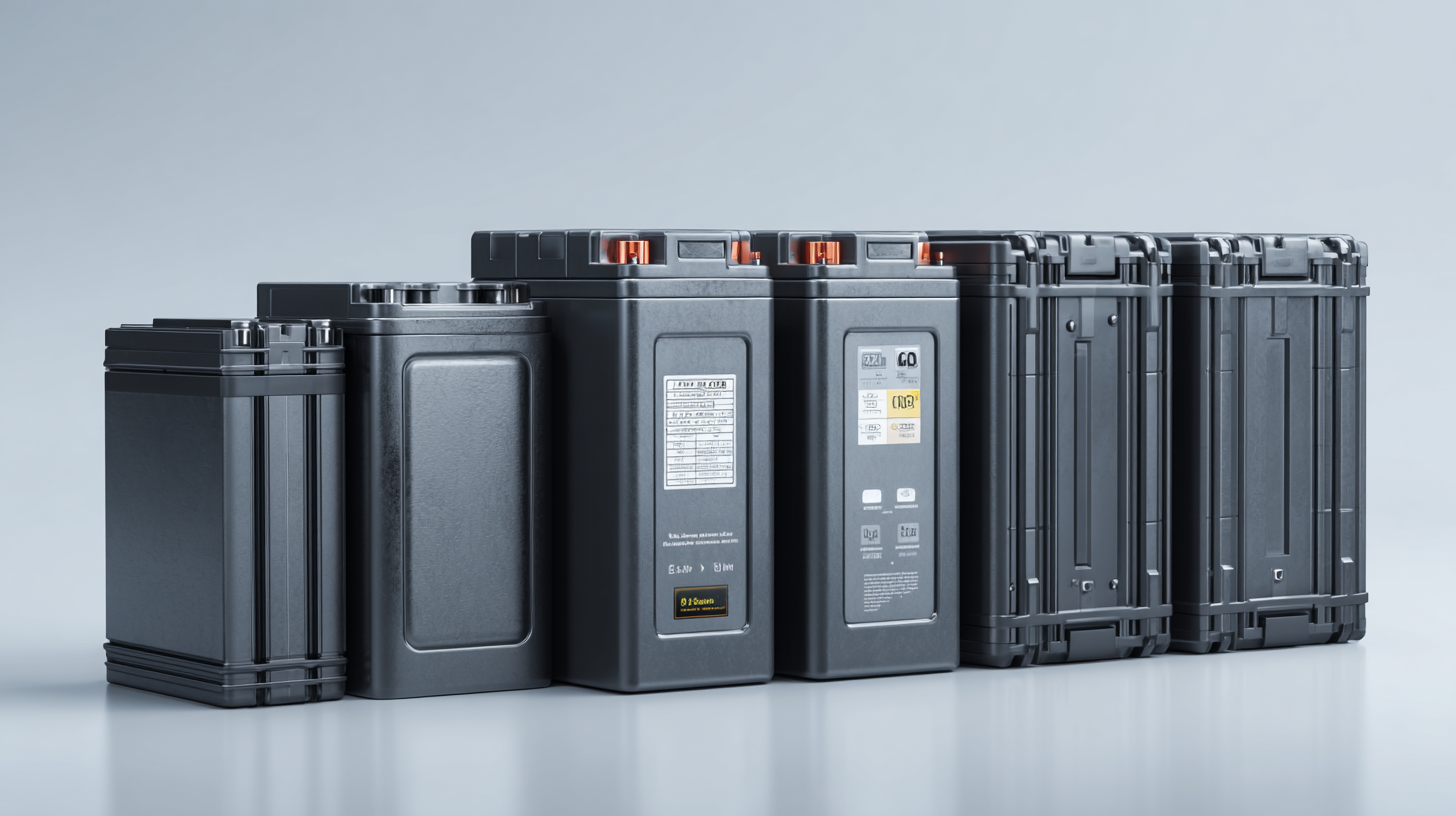
Lithium battery packs are revolutionizing the healthcare sector by powering a new generation of medical devices and wearables that enhance patient care and monitoring. These compact and efficient energy sources are essential in devices like portable cardiac monitors, insulin pumps, and respiratory aids, allowing patients to lead more independent lives. Their lightweight design and high energy density ensure that medical professionals and patients alike benefit from long-lasting performance without being tethered to cumbersome power sources.

In the realm of wearables, lithium battery packs play a critical role in health-tracking devices such as smartwatches and fitness bands. These devices continuously monitor vital signs like heart rate, oxygen levels, and activity levels, providing real-time insights that empower users to take control of their health. The reliability and rapid charging capabilities of lithium batteries make them ideal for wearables, as users expect seamless functionality throughout their daily activities. Moreover, advancements in battery technology pave the way for longer-lasting products, reducing the frequency of recharges and enhancing user convenience.


